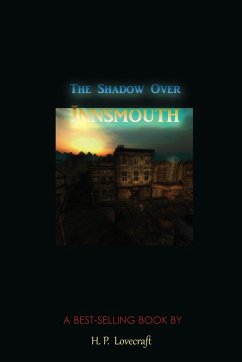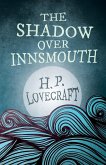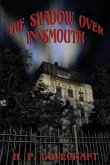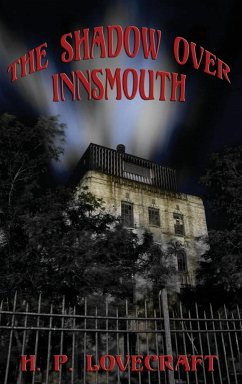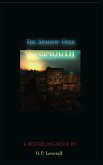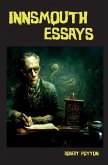The Shadow over Innsmouth is great a horror novella by H. P. Lovecraft, written in 1931, which forms part of the Cthulhu Mythos, using its motif of a malign undersea civilization. It also makes references to several shared elements of the Mythos, including place names, mythical creatures and invocations. The narrator, who is a student on an antiquarian tour of New England, sees a piece of exotic jewelry in a museum, and learns that its source is the nearby decrepit seaport of Innsmouth. Then he travels to Innsmouth and observes disturbing events and people. This is the only Lovecraft story which was published in book form during his lifetime.
Hinweis: Dieser Artikel kann nur an eine deutsche Lieferadresse ausgeliefert werden.
Hinweis: Dieser Artikel kann nur an eine deutsche Lieferadresse ausgeliefert werden.

